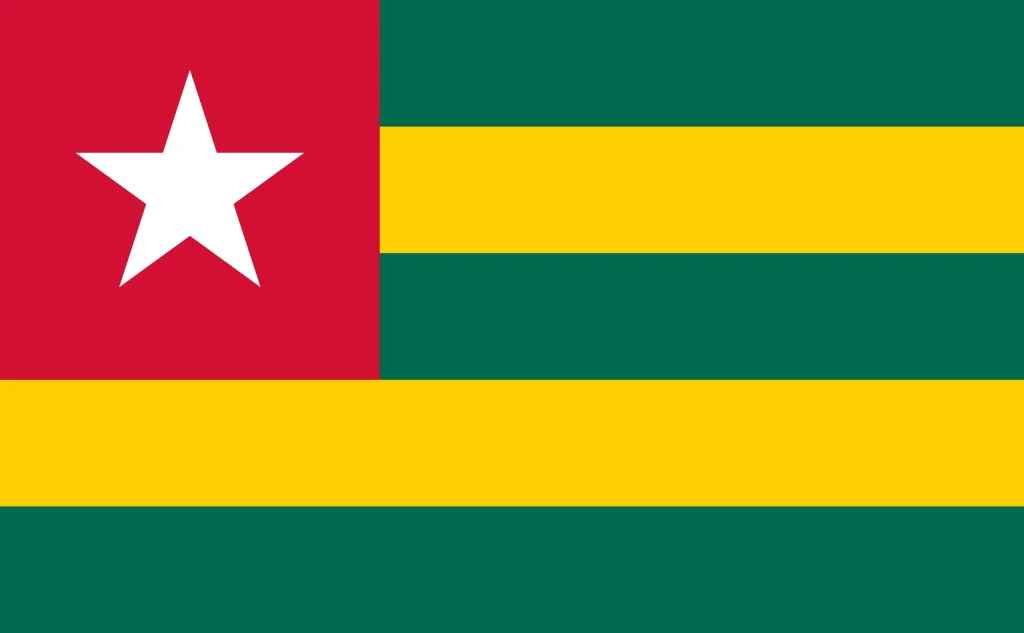Key Insights on Hiring in Togo

1. Employment Contracts
Understanding Types of Employment Contracts in Togo
Any employment relationship in Togo must be governed by a formal agreement that defines the nature, terms, and conditions of work. The Labour Code mandates that employment contracts exceeding three months must be in written form, in French, and clearly state the rights and obligations of both parties.
Types of employment contracts include:
- Contrat à Durée Indéterminée (CDI) – Indefinite/permanent contract
- Contrat à Durée Déterminée (CDD) – Fixed-term contract, used for specific tasks or temporary projects
- Interim or Temporary Contracts – For seasonal or urgent jobs
- Part-Time Contracts – Governed by the same protections as full-time roles
A written contract must specify: job description, work hours, remuneration, probation (if any), place of work, and benefits.
2. Probationary Periods
Understanding Probationary Periods in Togo
Togolese law allows for probationary periods “période d’essai” to assess whether a new employee is suitable for their role.
Key provisions include:
- The probation period must be clearly stated in the employment contract.
- Standard probation durations:
- 15 days for daily/weekly workers
- 1 to 3 months for most employees
- 6 months for managerial or executive roles
- Standard probation durations:
- Probation periods may be renewed once if stipulated in the contract.
- Termination during probation can occur without severance but must respect minimum notice periods.
3. Rights and Duties of Workers
Understanding Workers’ Rights and Responsibilities in Togo
Togo’s Labour Code ensures balanced and respectful labour relations by outlining the rights and duties of workers.
Employee Rights Include:
- Right to fair and safe working conditions
- Freedom of association and union membership
- Equal remuneration for equal work
- Access to training and development
- Protection against unfair dismissal
- Paid leave and public holidays
- Non-discrimination and dignity at work
Employee Duties Include:
- Obey lawful instructions
- Perform work diligently and in good faith
- Respect internal workplace rules
- Ensure safety and proper use of employer’s property
- Maintain confidentiality and protect company interests
4. Working Hours
Regulating Working Hours in Togo
The Labour Code defines legal working hours to promote work-life balance and prevent overwork.
- Normal work duration: 40 hours per week, typically 8 hours per day
- Work exceeding this is considered overtime, which must be compensated at:
- 15% to 50% premium (depending on the number of extra hours and whether it falls on weekends or holidays)
- Work exceeding this is considered overtime, which must be compensated at:
- Specific rules apply to night work and shift work
5. Leave Entitlements
Understanding Leave Policies in Togo
Togolese workers are entitled to various forms of leave to support their health, family, and personal responsibilities.
Types of Leave Include:
- Annual Leave
- Sick Leave
- Maternity Leave
- Paternity Leave
- Special Leave
- Public Holidays
6. Tax & Social Security
Overview of Taxation and Social Security in Togo
Togo has established a structured taxation and social security system aimed at supporting national development and safeguarding employee welfare. Employers operating in Togo are legally required to comply with regulations governing income tax, business taxes, and social protection schemes for their employees.
Key Components:
- Personal Income Tax (PIT) – Employers are responsible for deducting and remitting income tax from employee salaries under the Pay As You Earn (PAYE)
- Corporate and Business Taxes
- Social Security Contributions, managed by the Caisse Nationale de Sécurité Sociale (CNSS), the social security system provides coverage for pensions, family allowances, maternity, occupational accidents, and health-related benefits.
Penalties for Non-Compliance:
Non-compliance with tax and social security obligations can lead to:
- Accumulated interest and penalties on overdue payments
- Fines or administrative sanctions
- Legal proceedings and potential prosecution
- Exclusion from public procurement processes or revocation of business licenses

